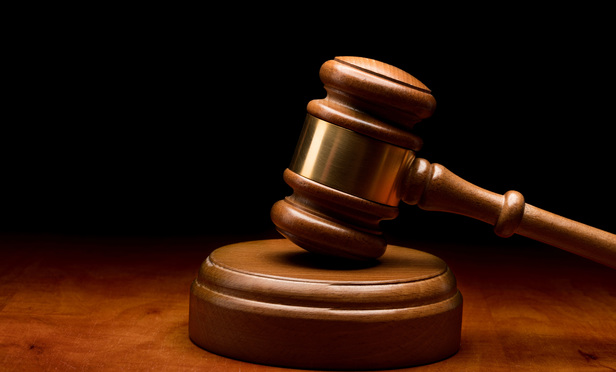In so ruling, the Second Circuit considered the issue arising in the recent Southern District of New York District Court decisions in Marblegate (Marblegate Asset Management v. Education Management Corp., 75 F.Supp.3d 592 (S.D.N.Y. 2014) (Marblegate I); Marblegate Asset Management, LLC v. Education Management Corp., 111 F.Supp.3d 542 (S.D.N.Y. 2015) (Marblegate II)), and two cases relating to Caesars Entertainment (BOKF, N.A. v. Caesars Entertainment Corp., 144 F.Supp.3d 459 (S.D.N.Y. 2015); MeehanCombs Glob. Credit Opportunities Funds, LP v. Caesars Entm’t Corp., 80 F.Supp.3d 507 (S.D.N.Y. 2015) (collectively, BOKF/MeenhanCombs)), as to when an out-of-court debt restructuring may violate Section 316(b) of the TIA.
Some, but not all, of the cases before and after them that have dealt with the issue have treated Section 316(b) as providing a narrow and specific protection for noteholders: requiring noteholder unanimity to alter the legal right to repayment under the terms of an indenture and the right to sue to enforce that right, but not protecting the practical right to receive payment.
This content has been archived. It is available through our partners, LexisNexis® and Bloomberg Law.
To view this content, please continue to their sites.
Not a Lexis Subscriber?
Subscribe Now
Not a Bloomberg Law Subscriber?
Subscribe Now
LexisNexis® and Bloomberg Law are third party online distributors of the broad collection of current and archived versions of ALM's legal news publications. LexisNexis® and Bloomberg Law customers are able to access and use ALM's content, including content from the National Law Journal, The American Lawyer, Legaltech News, The New York Law Journal, and Corporate Counsel, as well as other sources of legal information.
For questions call 1-877-256-2472 or contact us at [email protected]



